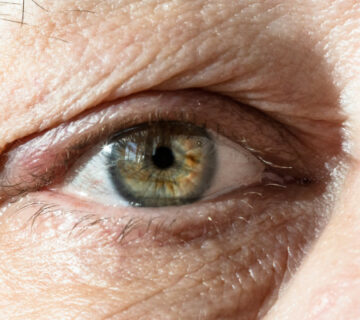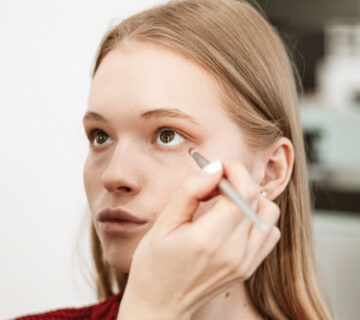
How should I prepare for eyelid surgery?
Before having eyelid surgery, it is important to consult a qualified plastic surgeon. During the consultation, the surgeon will discuss the risks, benefits, and desired outcomes of the surgery. The patient should also ask questions and make sure they understand the procedure and potential complications. It is important to stop smoking and drinking alcohol before surgery as these activities can interfere with healing. The patient should also stop taking any medications that can thin the blood, such as ibuprofen, aspirin, and other nonsteroidal anti-inflammatory drugs. Prior to the procedure, the patient will need to have blood work, an EKG, and other tests as requested by the surgeon. The patient should also arrange for a ride home after the procedure. They will need to rest for 1-2 days and avoid strenuous activity for several weeks. The surgeon will provide detailed instructions on how to care for the incisions and when to return for follow-up appointments. Following these instructions is essential for an optimal outcome.






